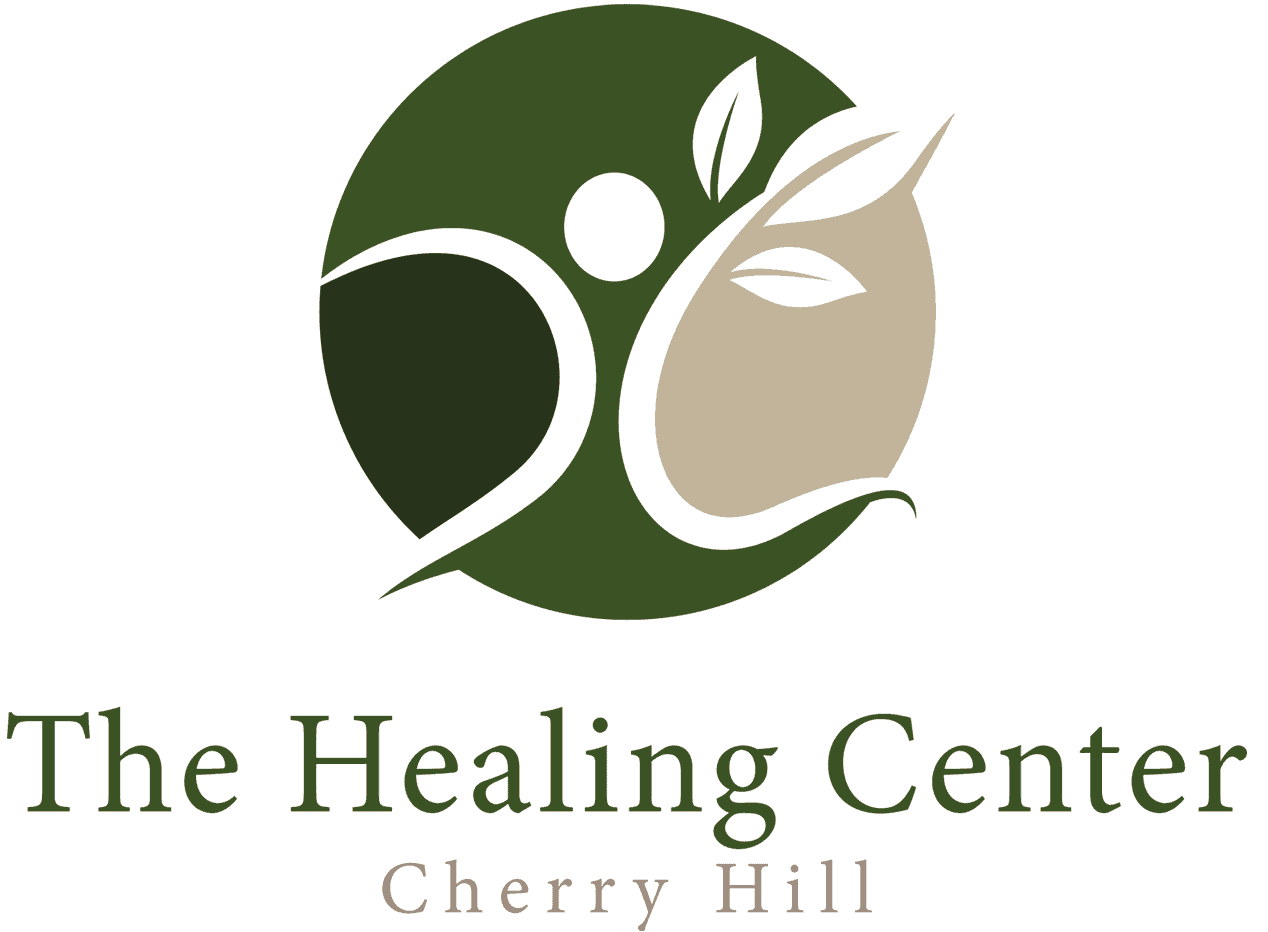Addiction is such a sensitive issue for many people, but it is important to know that you are not alone. In 2019 the New Jersey Human Services Department reported that there were 98,628 admissions into drug and alcohol rehab facilities in the state. Addiction not only affects the people of the state of New Jersey, but individuals across the United States. Consequently, there are a multitude of different treatment options for addiction.
It can be overwhelming to understand the word of drug treatment programs if you aren’t familiar with it. There are a multitude of different levels of care and therapeutic modalities which all work together in order to improve the chances for long term recovery. Certain levels of care like PHP and IOP sound similar, but there are some key differences to consider before entering yourself into one of these programs. Today, we will walk you through PHP vs IOP and how each one works to give you a better understanding.
What is PHP or Partial Hospitalization?
PHP is an acronym for Partial Hospitalization Program. This level of care provides patients with treatment in therapy and other activities during the day and then they are able to return to their off campus housing at night. In order to ensure that you are able to get to and from the facility you will normally be recommended to stay in a sober living community environment which will provide transportation. PHP acts like a bridge in the middle of full-time inpatient care and outpatient care. The Partial Hospitalization Program is a unique and inclusive setting for patients to receive treatment alongside supportive peers and clinicians. PHP patients are offered different forms of therapy, such as:
- Family therapy
- Group therapy
- Individual therapy
- Life Skills Training
- EMDR
- Yoga
- Arts therapy
These activities help to address the psychological, physical, and emotional effects of addiction. Furthermore, partial care programs enhance the support system of patients, as there is a sense of belonging in this program. The clients are given the structure and compassion they need to build the foundation for long-term recovery.
What is IOP or Intensive Outpatient?
The IOP is the next step down from Partial Hospitalization Programs. IOP does not require patients to stay in the facility for overnight care. They also have shorter treatment sessions compared to PHP. Consequently, IOP is a rehabilitation plan that suits people who are still in the process of recovery while still accommodating their work and other responsibilities. Clients will normally step down from a higher level of care, such as residential or PHP, into an intensive outpatient program. Sometimes, people may only be able to attend an IOP as their primary level of treatment due to employment or family responsibilities. In essence, people who choose the IOP program are either following a step down treatment plan, or cannot interrupt their daily lives in order to go to a more intensive form of treatment. IOP is for milder behavioral disorders, addictions, or individuals who have been previously stabilized.. Although the sessions are shorter, the treatment plans normally include the same therapies as PHP. These activities include:
- Group therapy
- Relapse prevention training
- Family therapy
- Individual therapy
Most times, patients are relatively stable when they enter into an IOP, but it helps them to maintain structure and accountability as they learn to navigate life without substances.
PHP VS IOP: What are the differences?
From the above explanations, it is clear that there are some similarities between the two outpatient approaches. However, there are also significant differences. Some of those differences are the length of stay and time spent in treatment sessions. We are going to look at PHP vs IOP differences in more detail below.
Normally, PHP is a more extended period than IOP. This is due to the fact that clients are either just beginning their recovery process or are choosing to commit to a more time intensive form of treatment. Other reasons could be that the individual has lost most everything and has no choice but to enter into a higher level of care. Regardless, PHP is much more time consuming than IOP.
On the other hand, IOP is a much less time consuming form of treatment. People who enter into IOP programs must be stabilized before admission. This is due to the fact that the level of supervision is relatively minimal at an intensive outpatient program. Clients will attend day or night sessions just a couple of days a week and for only a few hours at a time. While IOP may seem like a convenient option, it is important to be ready to enter into this type of level of care.
Overall, both levels of care provide adequate treatment for those struggling with addiction. The main difference between php vs iop is the intensity of the treatment program. If you are unsure of what level of care is right for you the best thing to do is contact a local drug rehab program in order to complete a pre-screening assessment.
PHP VS IOP: What is best for you?
PHP or IOP treatments are both great options when it comes to addiction treatment.. However, getting the right level of care that you need will be based on a careful assessment. Some of the deciding factors are how long you need treatment and if you have a healthy support system at home. Furthermore, your level of stability, time in recovery, and outside obligations are also determining factors. Despite any pre-existing notions you may have, you need to think about the program that suits your lifestyle and that will benefit you in the long term. Choosing the right plan and properly completing the program will lay the foundation for your recovery in the future.
IOP And PHP Programs In New Jersey
If you are still unsure of what type of program you would like to attend or if you have made a decision call The Healing Center in Cherry Hill, NJ. We are here to answer all of your questions, complete your pre-assessment, and help you find the program that works best for you. Our intention is to help every single client who walks through our doors no matter what their needs or availability looks like. If you are ready to lay the foundation for your recovery journey,, then call our admissions team today.







